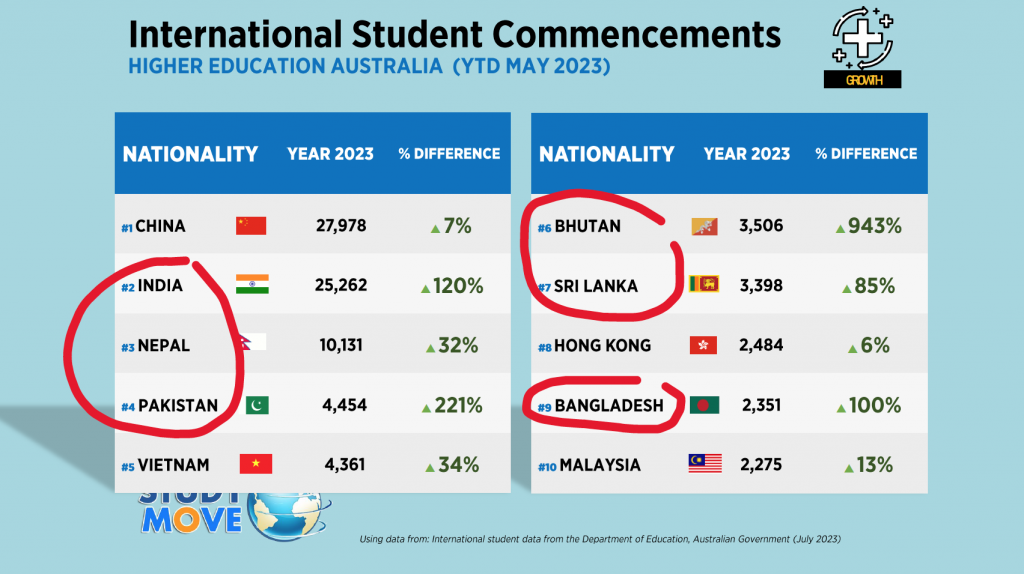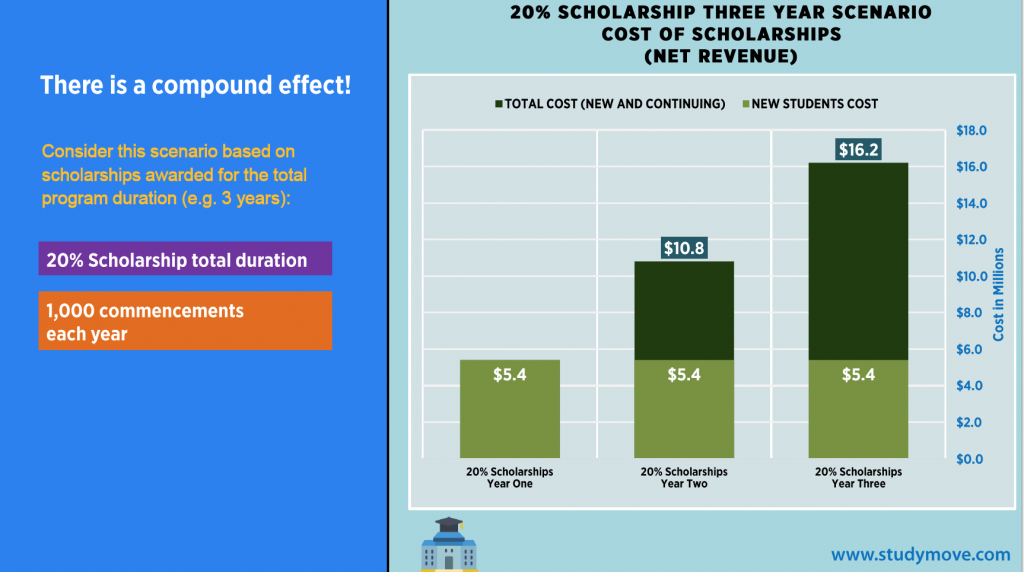Akshit Jain, T&A Consulting, India
If you could spend five minutes with anyone from the international education sector, who would it be and what would you ask them? Introducing The PIE’s latest series, Five Minutes With… where we speak to leaders from across the sector and ask them all the big questions.
Akshit Jain works at T&A Consulting in Delhi where he supports Norwich University of the Arts as country manager for India. As a passionate professional, he tells The PIE about the importance of people-to-people connections that the sector creates and why India is such an exciting education market.
What do you like most about your job?
The importance of the Indian market as a major driver for global growth in student mobility is on display everywhere. The mindset of the growing market here is incredibly dynamic, and being a part of it allows me to stay connected with the pulse of the changing educational landscape.
What brings me immense satisfaction is knowing that I am in a position to offer valuable guidance and counselling to students. I find great fulfilment in providing the kind of career advice and direction that I wish I had received during my student years.
“This role enhances my empathy, people skills and public engagement”
As a country manager I am able to positively impact the lives of hundreds of people I interact with, and contribute to institutional partnerships and try to build a sustainable model of student recruitment.
This role not only brings out the best in me but also enhances my empathy, people skills and public engagement, making it a personally and professionally enriching experience.
What work-related issues keep you awake at night?
Two work-related issues keep me awake.
Firstly, the volatile nature of government policies, particularly last-minute alterations, that significantly affect student mobility. These sudden shifts can lead to many challenges, impacting the planning and execution of a student’s plans and decisions.
Secondly, the holistic experience of Indian students within international universities is another area of concern. I often reflect on ways to enhance the overall journey for these students – from the application process to on-campus integration and academic achievement.
What is your proudest career moment?
Revisiting my alma mater as a valued member of a Russell Group university in a previous role, and engaging in a multi-faceted partnership between these institutions, stands as a remarkable highlight.
It felt amazing to be in the same place I was as a student, now being part of a university-wide collaboration on an international level, that will widen the horizon of students willing to go abroad.
How did you find yourself working in international education?
My journey into international education has a lot to do with my inner calling. I went to an Engineering college in 2015 to do computer sciences and spent my foundation years doing internships with top MNCs. Grades were not an issue, I was getting the job done but my heart was not in the right place.
“I was getting the job done but my heart was not in the right place”
Right out of college, I got a fantastic chance to work for a top university, thanks to my placement coordinator. It was a switch from spending time with machines to public dealing. I soon realised that what intrigues me isn’t gadgets, but people.
So, I dove into the education world, and it’s been an amazing ride ever since. I have done university representation and then switched gears to project management within the education sector. This allowed me to understand the ropes of HR, Recruitment, Operations, and Client Relationships.
Biggest challenge to your profession?
Our industry is run on students’ sentiments. It is integral to understand the saving, investment and expenditure sentiment of your region from a consumer point of view.
Unforeseen factors like the the pandemic, travel restrictions and political disturbances majorly affect the student mindset and their plans to study abroad.
A well researched student looks into rankings, impact of research, location, support services, alumni networks, accommodation, employability, visas, post-study opportunities and so much more. We as providers try to ensure that the equilibrium is maintained but on an individual capacity one can only do so much, this becomes the biggest challenge for me.
Champion/cheerleader which we should all follow and why/ who from the sector do you admire most?
In the past years, I’ve met some truly amazing folks with incredible talent. While I don’t have just one champion to follow, I think it’s important to learn from everyone around us. I try to soak up knowledge like a sponge.
Each of us has strengths and areas where we can do better. I like to pick out the best in everyone and add it to my professional outlook. I like the person I am becoming.
The post Akshit Jain, T&A Consulting, India appeared first on The PIE News.


